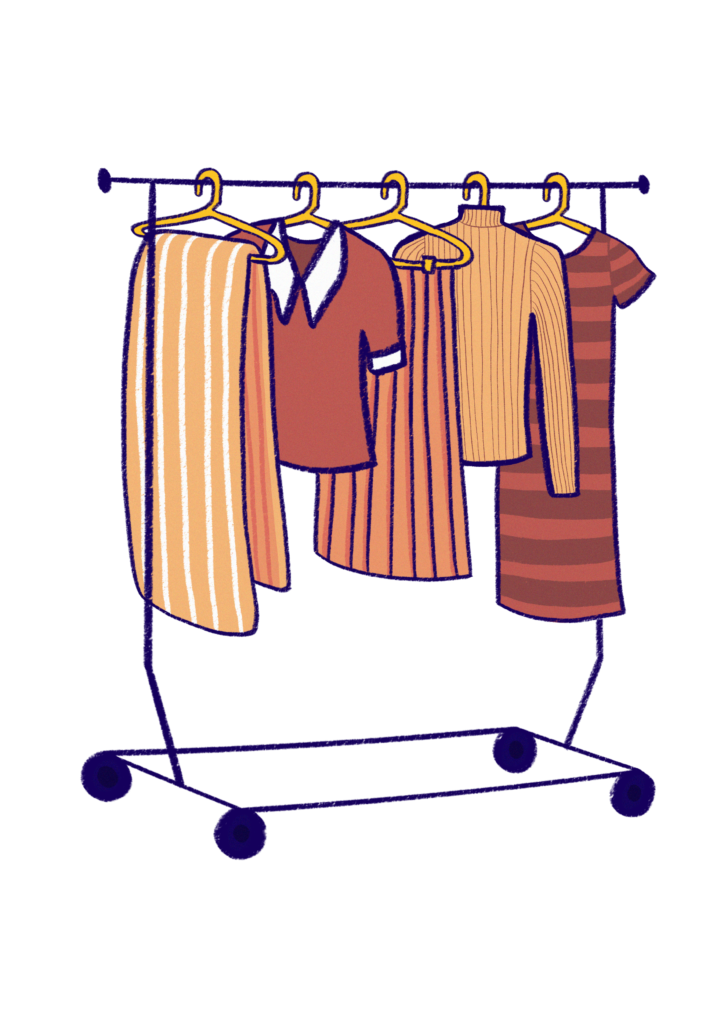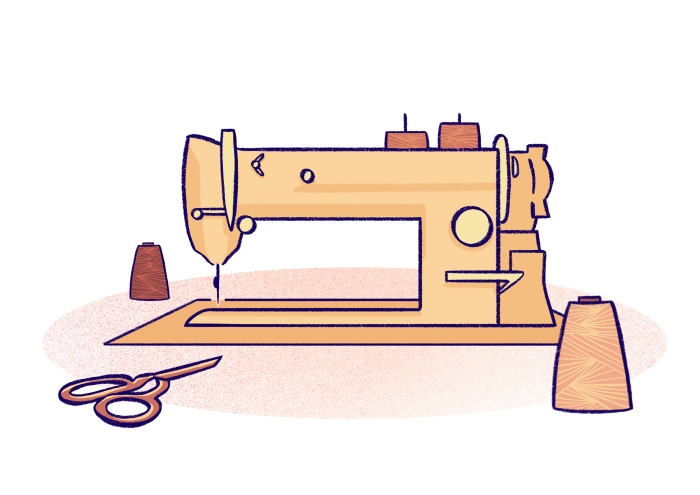For almost 30 years, first-generation immigrants Mimi and Steve Yu have owned Ki Sung Corporation, manufacturing their clothing designs in China and selling them wholesale to the garment industry or other small businesses. With the coronavirus’ origins so near to the factories they rely on, Mimi and Steve knew they’d have to temporarily stop production and cancel Steve’s monthly trip to China, which he’s been making since their business opened in the 1990s. But seeing the virus cross over the Pacific Ocean and having to completely close down their shop as a result was the furthest possibility they could have imagined.
As told by Mimi Yu:
Honestly, when we all heard about the virus starting in China, we thought it was going to end there. Since we produce clothes in factories there, we were worried from the start. We never would have thought it would cross the Pacific Ocean into America. You always hear about these epidemics, but they seem far away. We seriously never thought it would come here. We were worried about our business since production is the basic necessity in our industry, but we weren’t really worried about our own well-being.
Then the news broke that so many people were dying every day, and how fast it was spreading within China. That’s when our personal worry kicked in. During the spread in China, we still had clothes being made in the factory, so we were wondering if we would still be able to receive our next shipment properly for our clients. In the middle of worrying about this, China was already shutting down their airports. And as a result, our clothes didn’t ship, or even finish production, because both the factories and airport were shut down. Consequently, the clients canceled all of their orders. Once the virus started arriving in the States and the government began urging people to stay home, the moment we dreaded most arrived—we completely lost our business.

Once it was clear that we would have no orders to fulfill and absolutely no clothing being manufactured indefinitely, everything was gone. We sold the last of our inventory in our offices in L.A.’s Fashion District, but once that was gone, we owned nothing. Any and all income we receive starts with the clothing production in China.
Businesses that are “Made in China,” like ours, are some of the worst affected by the coronavirus, which no one really talks about. We can’t go on without the factory production, and we have no alternate means to do so. We’re not a restaurant that can utilize take-out and delivery options, or a gym that can stream online classes. In our current situation, there is no solution at all. Our income went to our office rent, utilities, employees’ wages, our personal house mortgage, groceries and more. Even before this pandemic, under Trump’s policies, the tax from China was raised by 15 percent. Also, most of our customers were from Central and South America, and they were restricted because of the immigration policy. We were heavily impacted by Trump in our entire supply chain, but with the addition of this global pandemic, everyone in these businesses got hit even harder.
The biggest issue for us is figuring out how we’re going to move forward with our payments. We might take out loans until the immediate situation clears up. The most important thing to do is cut our spending, even on essentials. No shopping, less groceries, no eating out, save electricity, water and gas—whatever I can save, I have to save it. In our whole lives, this is the time we have to save our absolute most. Once this has passed we’re thinking about early retirement; we think it’s the only way. Early retirement, and saving more. I’m thinking of getting a part-time job, but at 60 years old, I don’t know what job fields make sense for me.
This article appeared in “Character Media”’s April/May 2020 issue as part of our “Disrupted Lives” series. Check out our current e-magazine here.









